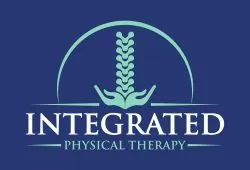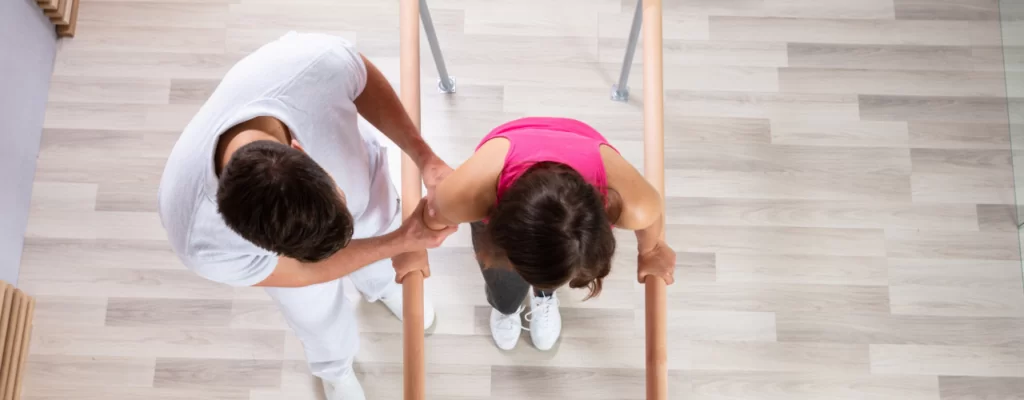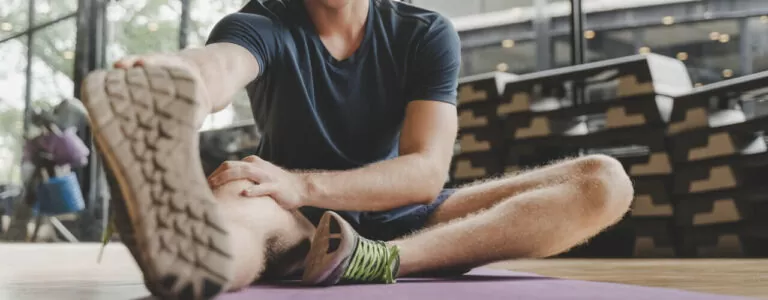Many women suffer from common issues, such as pelvic pain, incontinence and other similar conditions. Women’s health issues can be detrimental to mental, physical and social health, interfering with one’s lifestyle and enjoyment. However, you are not alone, and the good news is that you can be helped with the right physical therapy treatments.
Incontinence
Our physical therapists evaluate and treat patients suffering from urinary incontinence symptoms such as increased urinary frequency, leaking with coughing/sneezing, lifting, exercise or from a strong urge. These symptoms may be a result of weak or tight pelvic floor muscles, poor muscle coordination, abdominal strength or bladder habits.
Treatments may include muscle re-education, strengthening for weak pelvic floor muscles, soft tissue massage, bladder health education, biofeedback and core stabilization.
Pelvic Pain
It is important to discover the root cause of pelvic pain. Our evaluations take into account the many symptoms associated with the pelvic area including abdominal pain, groin pain, pain with intercourse, difficulty with urination/defecation and bladder pain.
Pelvic muscle tension, weakness and poor muscle coordination may cause pelvic pain and may be a result of scar tissue restriction due to surgeries, a history of poor bladder/bowel habits, spine and pelvic joint dysfunction and episiotomy or tears from deliveries.
Treatments may include muscle re-education, strengthening and/or relaxation of pelvic floor muscles, postural education, soft tissue massage, lumbosacral alignment, and biofeedback.
Pregnancy Musculoskeletal Dysfunction
Pregnancy demands a tremendous amount out of a woman’s body. Changes in posture, muscle strength, ligament stability and pelvic alignment, can leave lasting, painful changes such as pelvic or back pain. However, having a child doesn’t mean that you have to live with the painful changes forever, and most women can have significant improvements in their pain and function with physical therapy.
Our physical therapists address the musculoskeletal components of pregnancy and postpartum issues, including incontinence, pelvic floor muscle dysfunction and prenatal joint/muscle dysfunction. Weakness, poor muscle coordination, abdominal strength or bladder habits may also contribute to musculoskeletal dysfunction.
After evaluating the muscles, joints and/or nerves contributing to pain, our therapists will recommend modifications of posture and review proper body mechanics/bowel/bladder habits. Other treatments include soft tissue massage, mobilization, stretching and core stabilization.
If you suffer with any of the issues above, know that we are here to help you achieve results discreetly, and return you to the activities you love. Call us today to discover how we can help you and talk to one of our physical therapists today.




